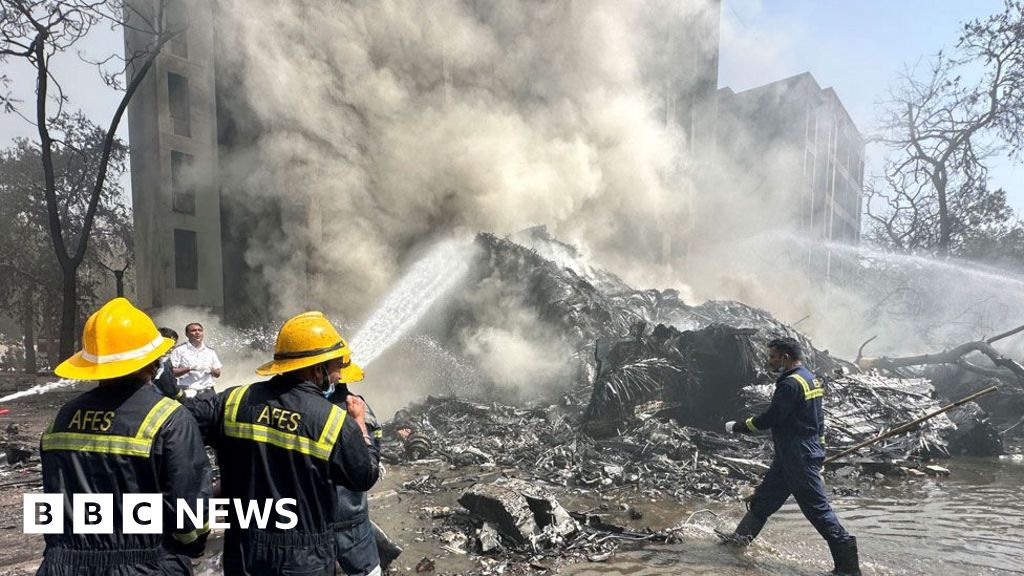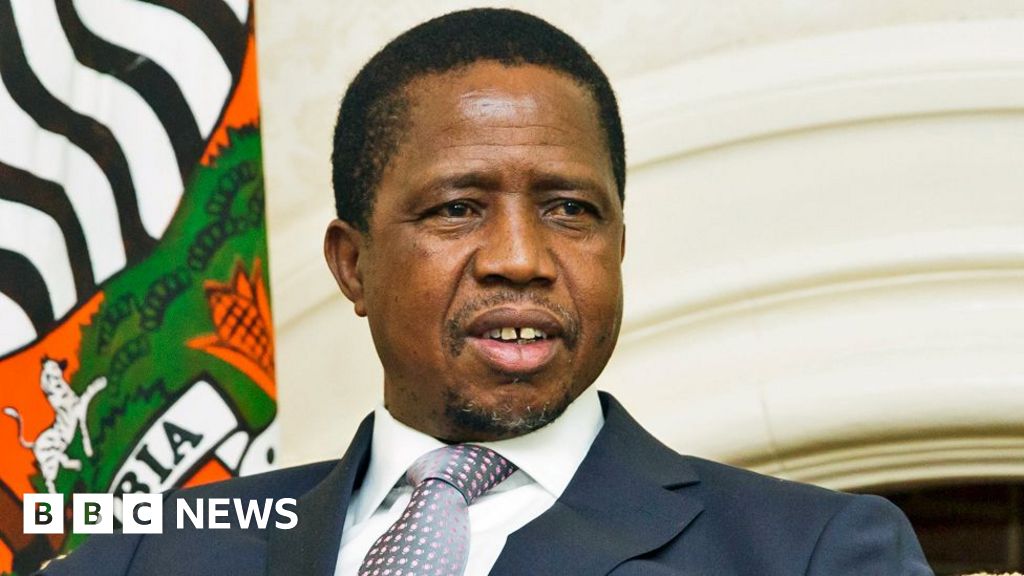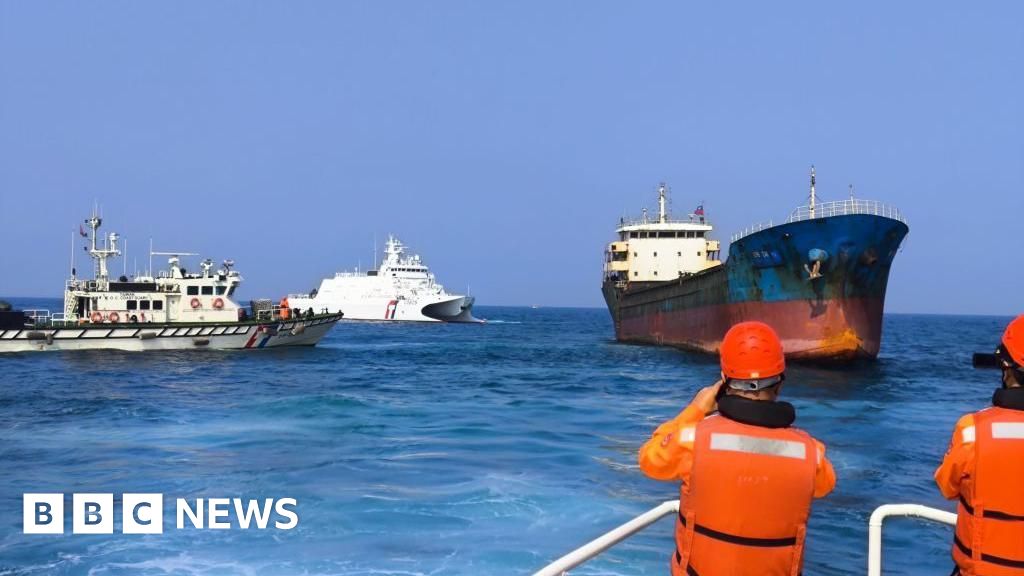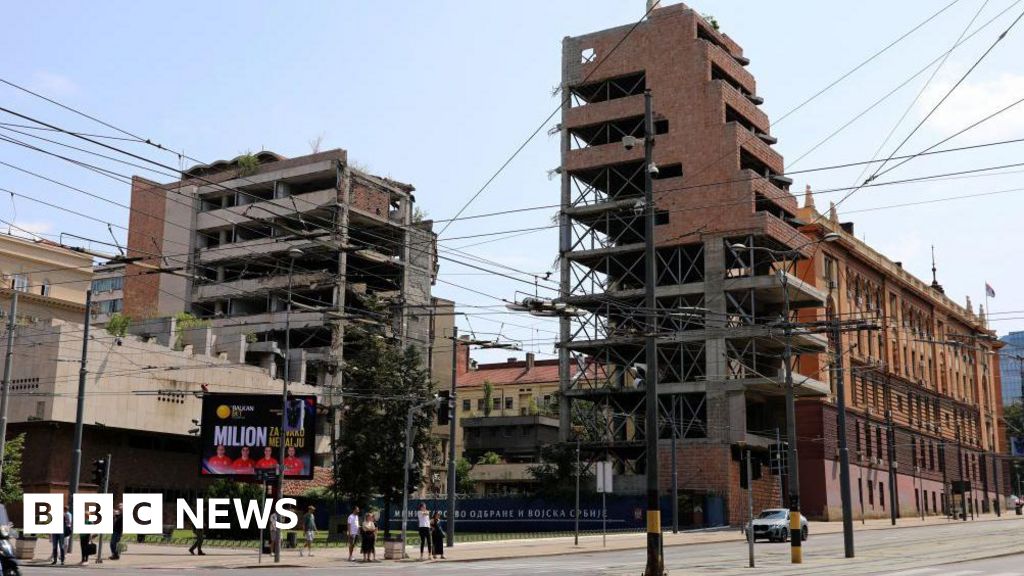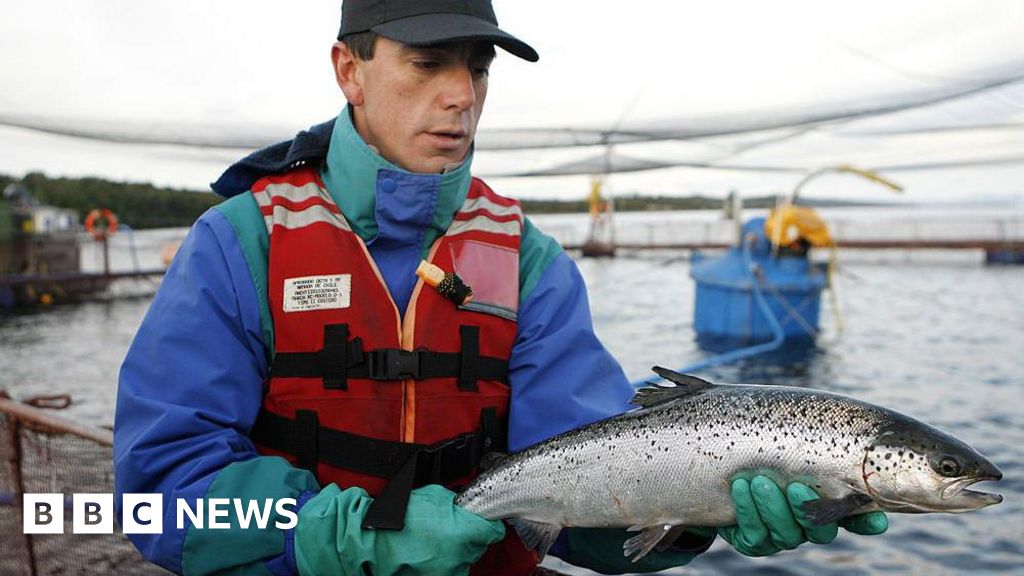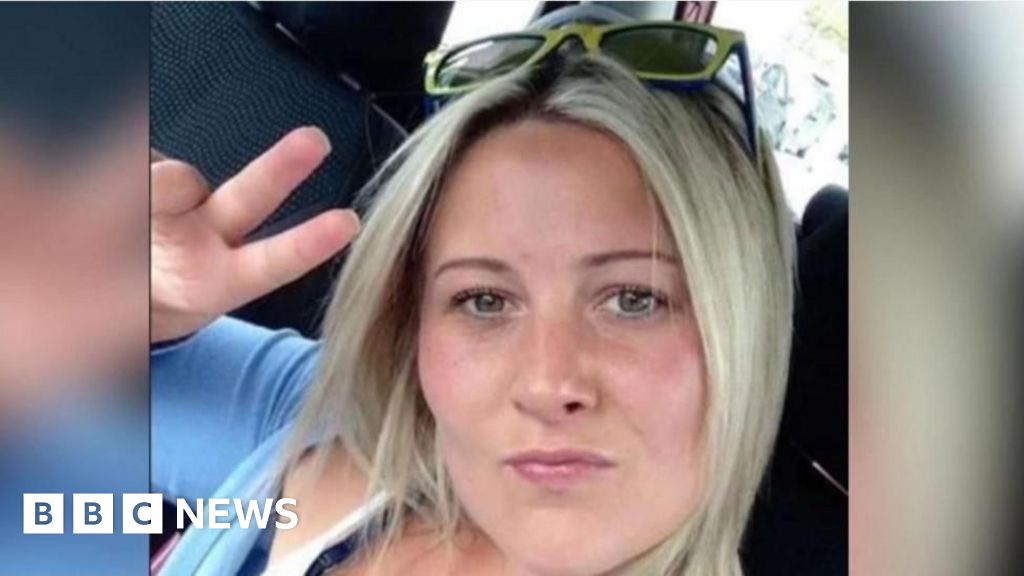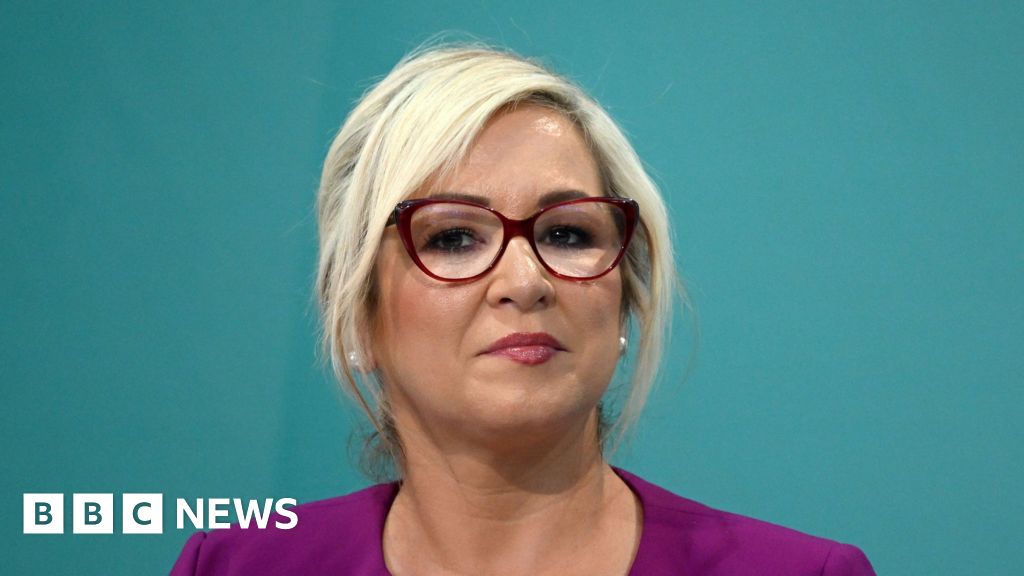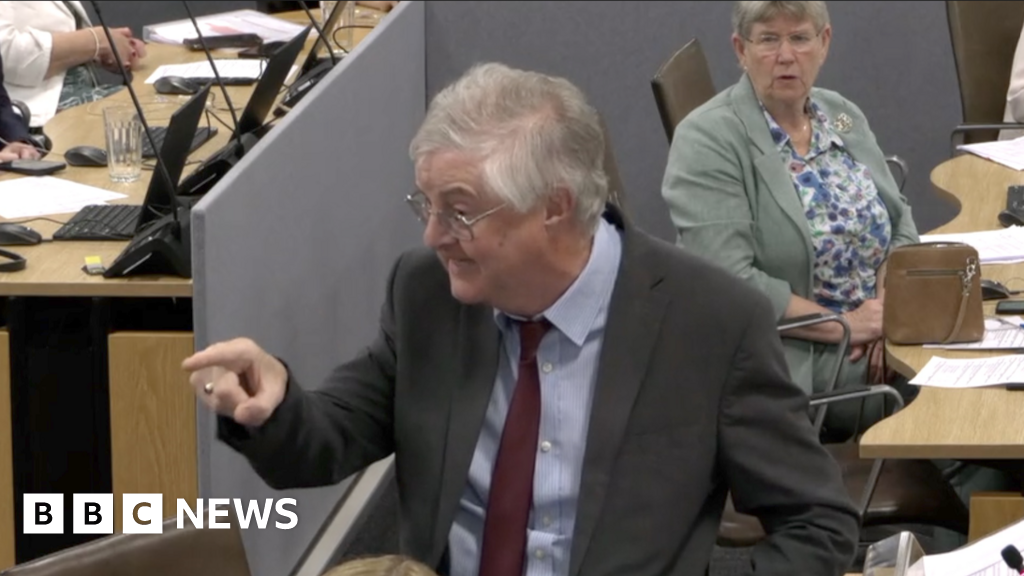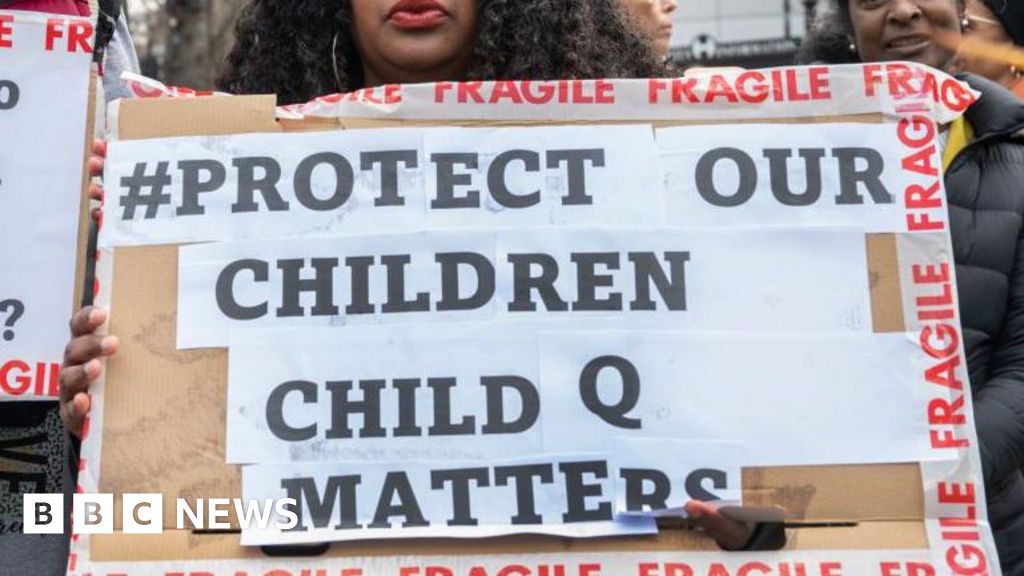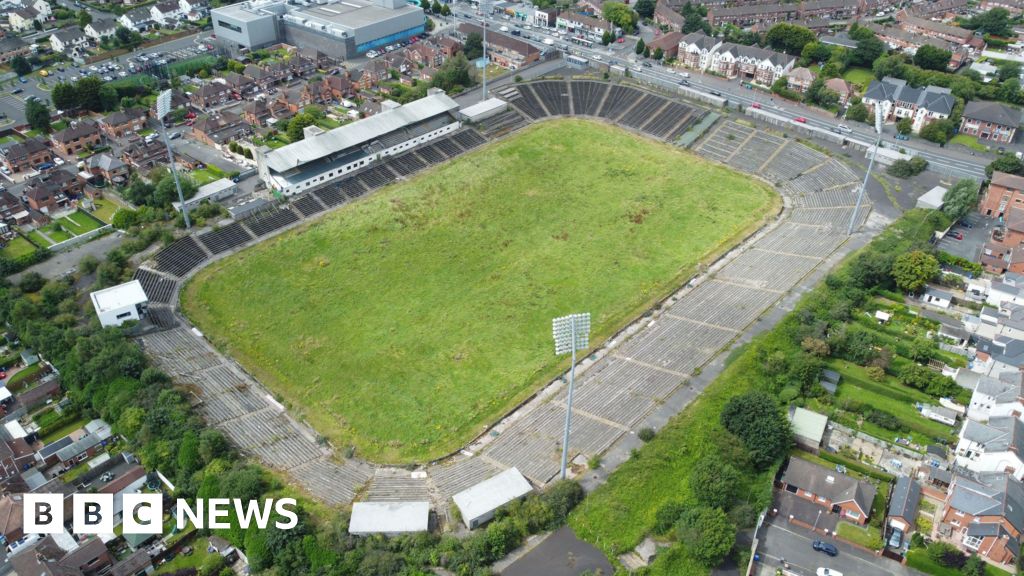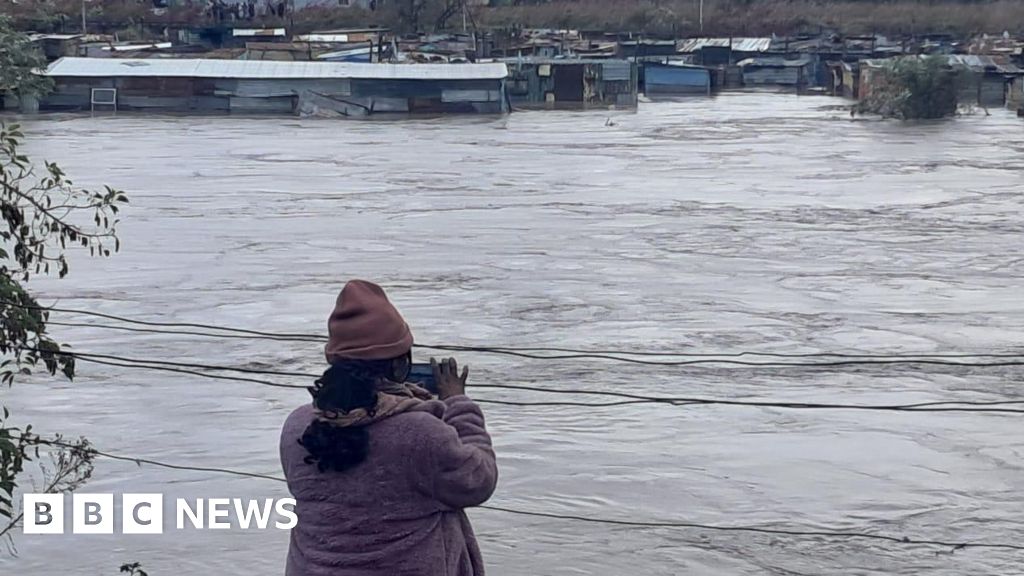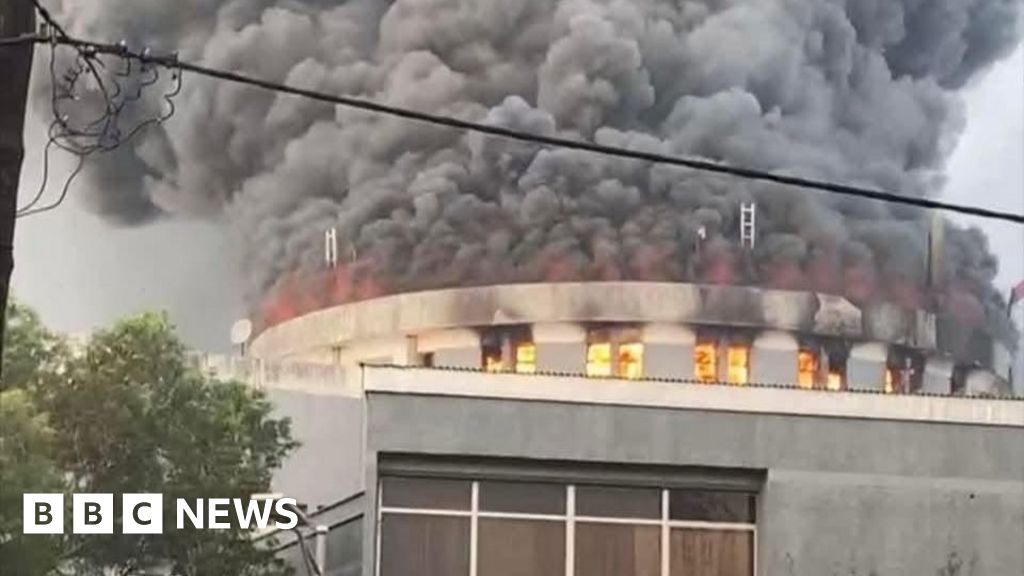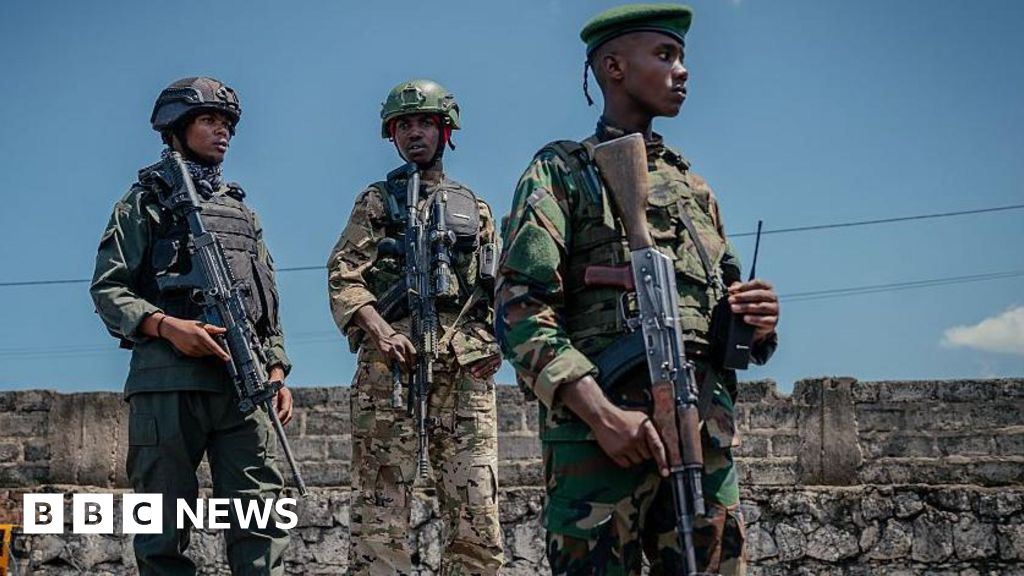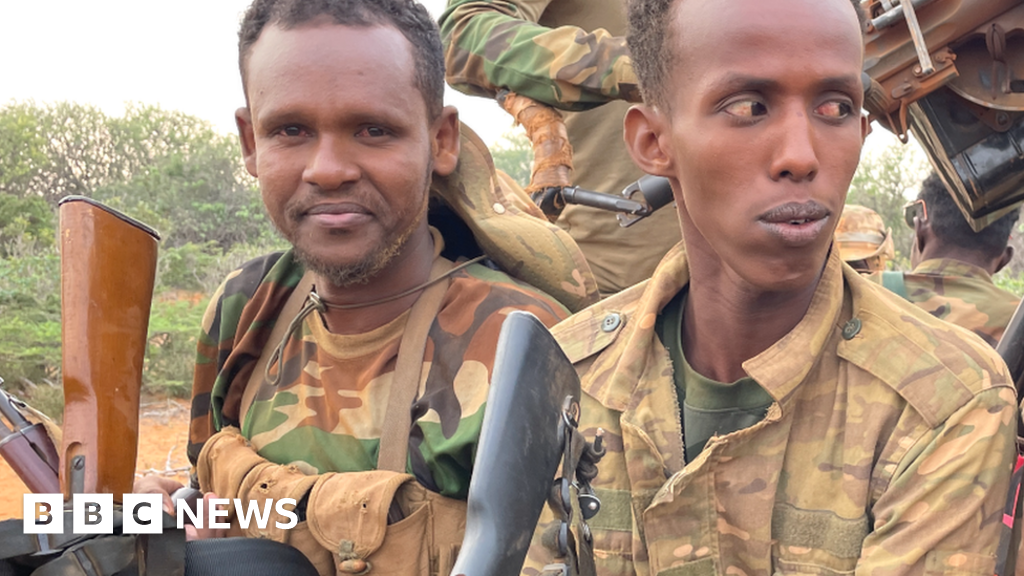Zambia’s former President Edgar Lungu, who died last week, left instructions that his successor Hakainde Hichilema “should not be anywhere near” his body, a family spokesman has said.
This is the latest development in the bitter feud over funeral plans for the late president following his death in South Africa at the age of 68.
The government had planned to fly his body back home on Wednesday, but failed to do so because of a dispute with Lungu’s family and his political party, the Patriotic Front (PF), over mourning and funeral arrangements.
The two leaders were long-standing political rivals, with Hichilema defeating Lungu in the 2021 election after failing in five previous attempts.
Lungu died of an undisclosed illness, but the PF said last week that he had been receiving “specialised treatment” in South Africa.
The PF alleged that Lungu was banned from leaving the country for years and that if he had been allowed to travel to seek medical treatment sooner, he might still be alive.
The government has denied the allegation.
Zambia’s Foreign Minister Mulambo Haimbe was among government officials who flew to South Africa on Wednesday for talks with Lungu’s widow, Esther, and his influential daughter, Tasila, to break the deadlock over what happens next.
The government wants to give Lungu, who led Zambia from 2015 to 2021, a state funeral.
The Lungu family’s spokesman, lawyer Makebi Zulu, previously told the BBC that the family was not opposed to this, but it wanted a say over who would preside over the service.
However, in a video released from South Africa on Thursday, Mr Zulu said the family had put in place “all logistics” to fulfil Lungu’s wishes to be given a private funeral and that Hichelema “should not be anywhere near” his body.
The government was behaving as though the family had “no say” over his burial and the way he should be mourned, Mr Zulu added.
It was the family’s desire that the “conscience of the deceased should not be betrayed”, he said.
The government has not yet responded to the family’s latest position, but said in an earlier statement that “constructive consultations” were continuing to ensure a “smooth repatriation” of Lungu’s body.
The dispute has caused much sadness and confusion among Zambians who are unclear how to mourn the ex-president.
The government declared a seven-day national mourning period starting last Saturday, even though the PF announced one days earlier.
The government declared that the official venue for mourning would be a lodge it owns in the capital, Lusaka, but the PF dismissed this plan, directing mourners to its headquarters instead.
Constitutional lawyer John Sangwa told the BBC that the “tug-of-war” highlighted the need for Zambia to come up with a law which outlined funeral arrangements for presidents and ex-presidents, but he believed that at the end of the day the wishes of the family should be respected.
After Lungu’s defeat in the 2021 election, he stepped back from politics but later returned to the fray.
He remained the biggest political drawcard of the PF, and he had ambitions to vie for the presidency again.
However, at the end of last year the Constitutional Court barred him from running, ruling that he had already served the maximum two terms allowed by law.


